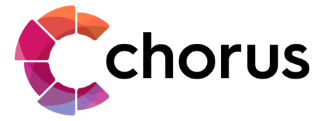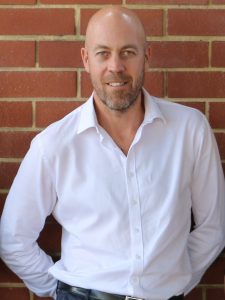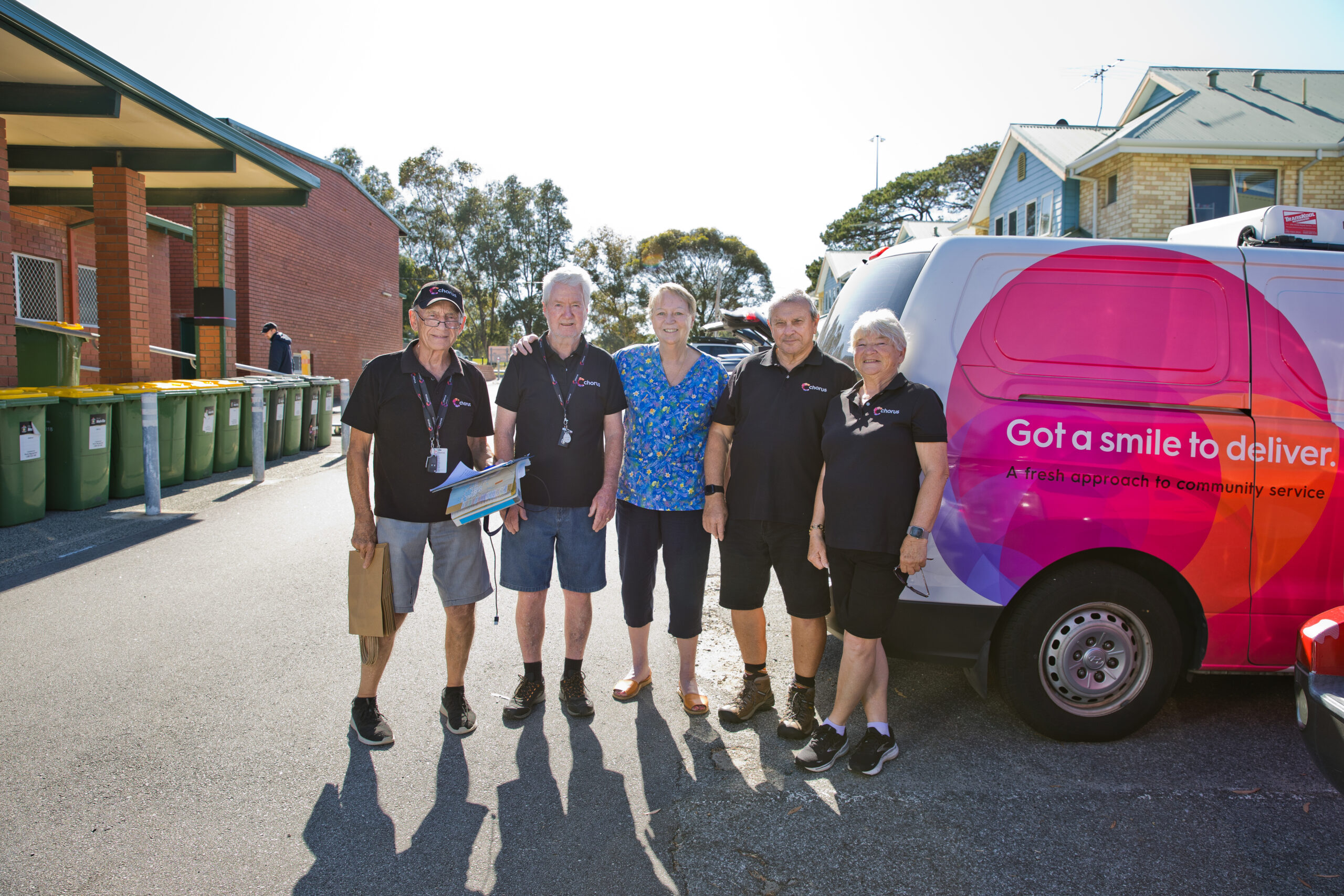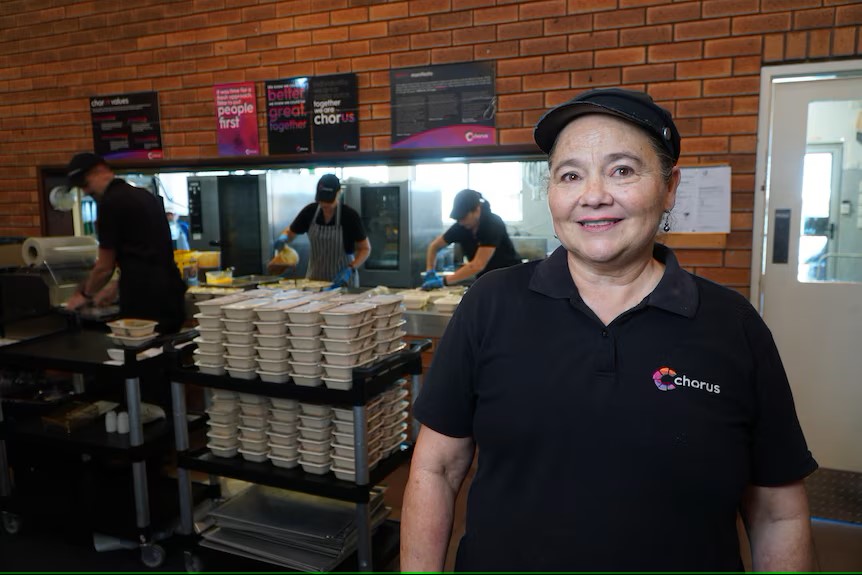Chorus CEO Dan Minchin’s monthly reflection on how we are putting the community back into community service. This month Dan imagines what it might be like to write a speech as Premier Mark McGowan to the people of WA.
July 2020
Mark McGowan, Western Australia’s Premier, couldn’t be more popular right now. Imagine, for a moment, if the man they call “Marko” made this speech…
***
Hello and welcome. Kaya, wanju.
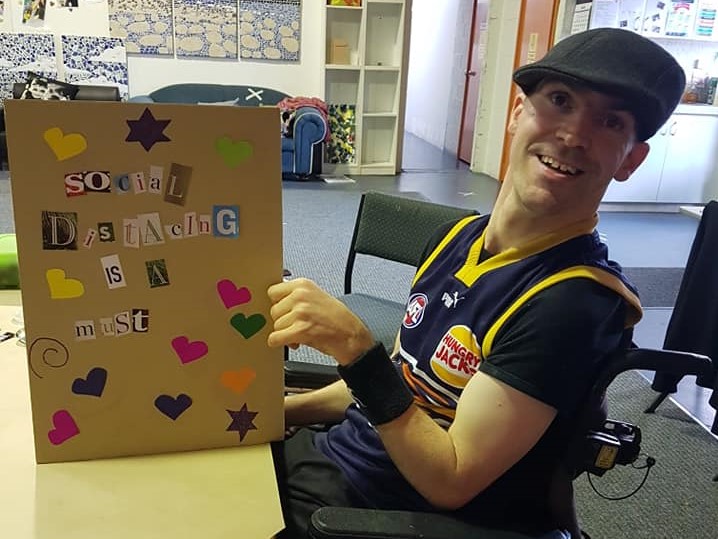 I acknowledge the traditional custodians of the country we share, their ongoing links to the land, and their connection to humanity across space and time.
I acknowledge the traditional custodians of the country we share, their ongoing links to the land, and their connection to humanity across space and time.
I am profoundly grateful to all Western Australians for the way you have responded to the COVID-19 pandemic. Your sacrifices over the past few months mean we are substantially virus free: to the envy of other countries, not to mention Australian states.
Just as this is a strong position from which to contain the risk of future COVID flare-ups, it is a strong position from which to address the challenge of post-COVID recovery.
And let us not underestimate the scale of this challenge. COVID-19’s impact on Western Australians will be profound and extended. Hundreds of thousands of people have been plunged into insecure employment, or simply lost their jobs. Over three months, the demand for health and welfare services plunged, and we know from experience that the echo of this decline will come in the shape of an outsized surge of need.
Furthermore, the tide went out and the level of inequality in this State was revealed. These impacts fell disproportionately on older people, those living with disability, Aboriginal people, part-time and casual workers, children-at-risk, and women.
The pandemic has also taught – or reminded – us a lot. Around WA and around the world, we saw people savouring unexpected peacefulness. We saw people reflecting on what a good life was really about. We saw families, neighbourhoods and communities leaning towards each other – figuratively! – and building or strengthening relationships. We saw humanity’s impact on the planet ease. We saw life and work become simultaneously more flexible, more autonomous and healthier.
We dared to dream that we could resist the temptation to “get back to normal”, that we could build back better.
So now we must turn our collective ingenuity and energy to doing just that. To recovering, post-COVID. To building back better.
The headlines will, of course, focus on traditional economic stimulus, such as construction and infrastructure projects. This is important, and my State Government has and will continue to support traditional programs in a measured way.
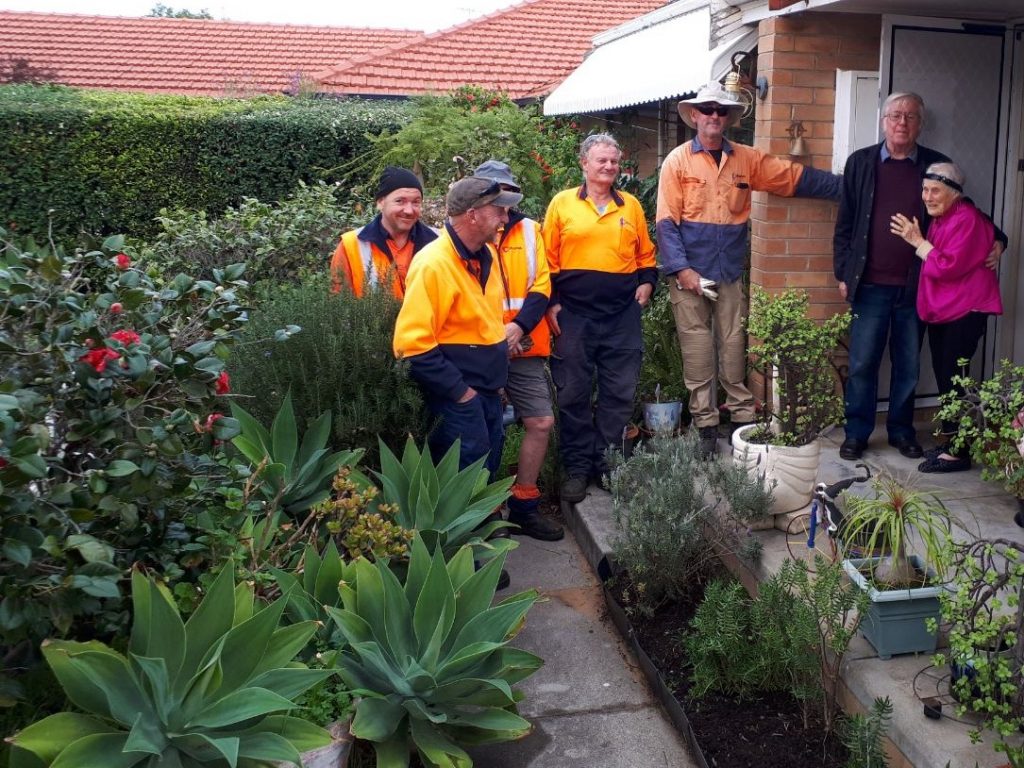 But the key to recovery, the key to building back better, does not lie in concrete and steel. It lies in you, your neighbourhoods, your communities. The key to recovery is about you and your relationships. The key to recovery is local.
But the key to recovery, the key to building back better, does not lie in concrete and steel. It lies in you, your neighbourhoods, your communities. The key to recovery is about you and your relationships. The key to recovery is local.
COVID-19 has reminded us that connected local communities are where opportunities lie – jobs, learning, friendships, purpose. Further, local communities buffer us against the bad times – sickness, unemployment, poverty, grief.
At a State level, strong local communities are the building blocks of better health, economic growth and political stability. While traditional thinking focuses on the big things – roads, hospitals, Budgets, Parliament – I believe we can build back better by targeting small things.
So today, I am doing something unorthodox: I am committing the McGowan Government to a program of small things. Our goal is to unleash the resources and potential that already exist in local communities. We will connect, catalyse and cultivate the capacity of individuals and neighbourhoods so they can build back better.
Alongside traditional stimulus projects, we will foster a stronger care economy. That is, the part of our society which came to the fore during COVID-19; the economy which meets the needs of children, older people, those living with illness or disability, and others seeking support.
Investing in the care economy means investing in:
- Individuals seeking work (including retraining options for people at risk of becoming unemployed), wanting to volunteer or undertaking unpaid work;
- Organisations (for purpose and for profit) with the capacity to innovate and grow; and
- Neighbourhoods wanting to mobilise their own local initiatives.
Thanks to our hard work since being elected in 2016, the State’s finances were in sound shape before COVID-19 hit. But financial strength is not an end in itself; we did not rebuild the State’s balance sheet in order to admire the size of the bank account.
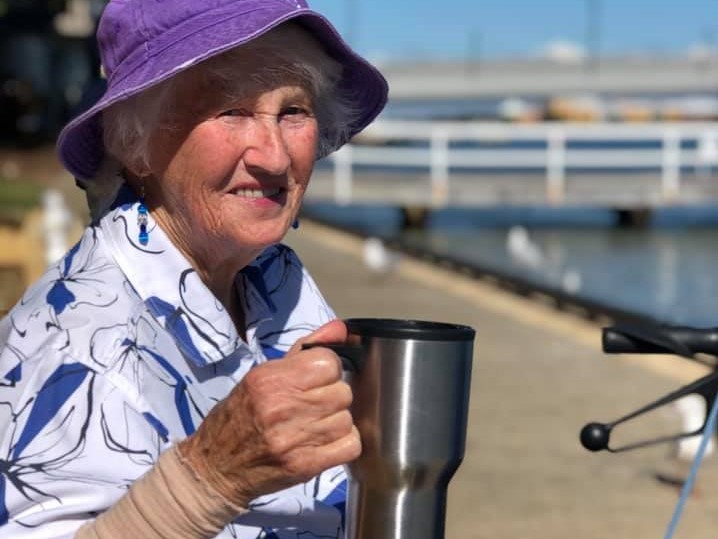 We also have momentum and unity on our side. In some senses, COVID-19 was a gift to Governments, as it enabled them to gain engagement and support of their electorates. Again, this is not something to be prized for its own sake.
We also have momentum and unity on our side. In some senses, COVID-19 was a gift to Governments, as it enabled them to gain engagement and support of their electorates. Again, this is not something to be prized for its own sake.
As the Government of WA, we have the financial capacity and support of the people to make changes, to mobilise collective effort, and to build back better.
We cannot do this alone. Publicly and privately, I call on the Federal and Local tiers of government to throw their weight behind our community-oriented agenda. The Commonwealth has many of the necessary levers – along with (as collector of the lion’s share of your taxes) the financial fire power – to support people while they re-engage with paid work: unemployment benefits, job seeker support, and child care. At the other end of the spectrum, our Local Governments have the relationships, presence and knowledge to make many things happen.
My vision, my hope, is that this Government is remembered as one which made it possible for citizens to create their society. A society in which prosperity is not just created, it is shared; in which diversity is not just accepted, it is celebrated; and in which communities don’t just survive, they thrive.
